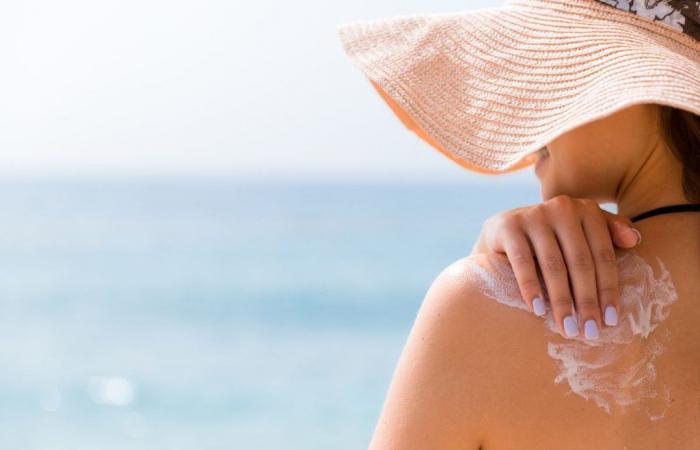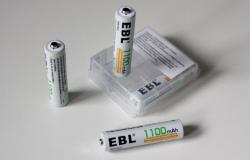L’association UFC-What to Choose recently tested several facial sunscreens that advertised an SPF of 50. The results are concerning, as a third of these products did not provide the protection they promised. This article reveals the details of the study and its implications for consumers and manufacturers alike.
Evaluation of sunscreens: disappointing results
A level of protection that is often overestimated
The aim of the study conducted by UFC-Que Choisir was to verify whether sun creams actually displayed the level of protection claimed. Of the thirteen products tested, only nine obtained a rating satisfactory in terms of protection against UV raysThis situation is all the more alarming since creams with an SPF of 50 and 50+ are supposed to offer the highest level of protection available on the market.
Negative environmental impacts
The survey also reveals that ten of the thirteen products analyzed have harmful components for the aquatic organisms. These chemicals endanger the marine ecosystemsraising questions about the environmental consequences of popular sunscreens.
Actions taken by UFC-Que Choisir
Sanctions and Compliance Requests
Faced with these discoveries, UFC-Que Choisir has decided to take action against the brands concerned. The association demands that manufacturers make their products compliant with the announced SPF levels. Failing this, it is asking that these products be withdrawn from sale. This demand is accompanied by a threat of legal proceeding for the recalcitrant brands. These are: Vichy, Biotherm, Lancaster, Isdin and Rituals.
Intervention by government authorities
To strengthen their action, UFC-Que Choisir requested the intervention of the General Directorate for Competition, Consumer Affairs and Fraud Control (DGCCRF)She asks this body to sanction brands that do not respect the advertised standards and to intensify controls on solar products.
Implications for consumers
Increased vigilance required
These findings highlight the need for consumers not to blindly trust sunscreen labels. It is becoming crucial to check independent tests and consumer association reviews before purchasing a sunscreen.
- View reports consumer associations
- Check the ingredients to assess the environmental impact
- Avoid products too cheap which might be less reliable
Environmentally friendly alternatives
It is recommended to opt for sun creams environmentally friendly. Many brands are now committed to producing formulas without chemical UV filters that are dangerous for the oceans.
Unjustified high prices?
Despite the high costs Many facial sunscreens – even among well-established brands such as Nivea or Yves Rocher – leave something to be desired in terms of their performance and environmental safety. This highlights a possible misunderstanding between price and qualityand raises the question of whether consumers are really paying for adequate protection.
This study by UFC-Que Choisir highlights significant shortcomings in the facial sunscreen industry, both in terms of real protection and environmental impact. It underlines the importance of a increased vigilance from consumers and calls for a rapid response from the authorities to further regulate this market. Ensure the compliance and choose some environmentally friendly products are essential actions to ensure effective protection while preserving our planet.






